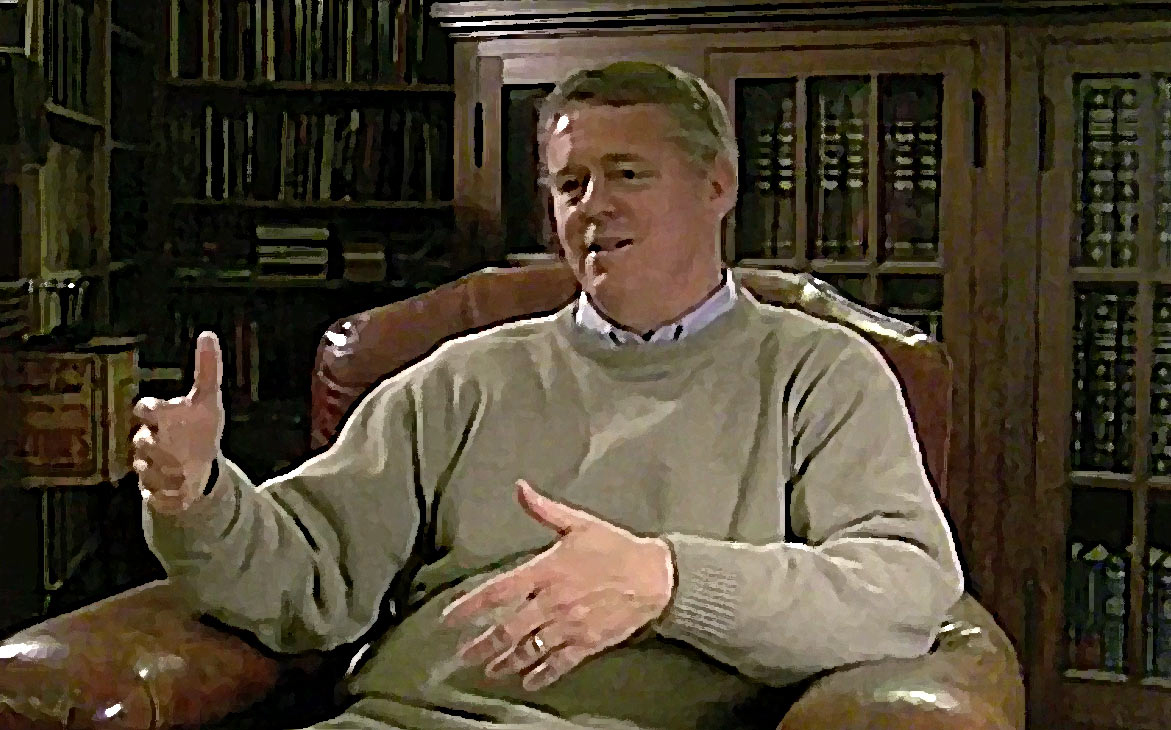No reason anymore to even feign surprise at today’s police state insanities.
At Townhall yesterday, I bemoaned the six-hour kidnapping of a 10-year-old Maryland boy and his 6‑year-old sister for the terrible crime of peacefully walking home from a public park. The children were grabbed just a couple blocks from their home …
… by police, who held them for over two hours before handing them to Montgomery County Child Protective Services.
It was hours before anyone contacted the panicked parents.
There’s no law prohibiting kids from walking down a public street, but bureaucrats are threatening this poor family over just that.
So, I guess we shouldn’t be shocked that when an 11-year-old boy disagrees with what he’s being taught in school about marijuana, and explains that his mother has used cannabis oil to treat her Crohn’s disease and his mother is not a criminal, (a) he’s going to be detained and grilled by authorities and (b) his mother may soon become a criminal.
A raid on Shonda Banda’s home indeed turned up two ounces of cannabis oil. Ms. Banda could be facing felony drug charges in Kansas, where she now lives, but she used to live in Colorado, where her use of cannabis oil would be legal.
The Washington Post’s Radley Balko identifies the absurdity: “a woman could lose her custody of her child for therapeutically using a drug that’s legal for recreational use an hour to the west.”
Today she has a custody hearing over her son.
The state “protection” being afforded the children in both of these cases isn’t protecting them. It’s terrorizing them.
This is Common Sense. I’m Paul Jacob.


 The article goes on to talk about police training and other important issues surrounding police use of deadly force, but the long-term trends and are not clear.
The article goes on to talk about police training and other important issues surrounding police use of deadly force, but the long-term trends and are not clear.



